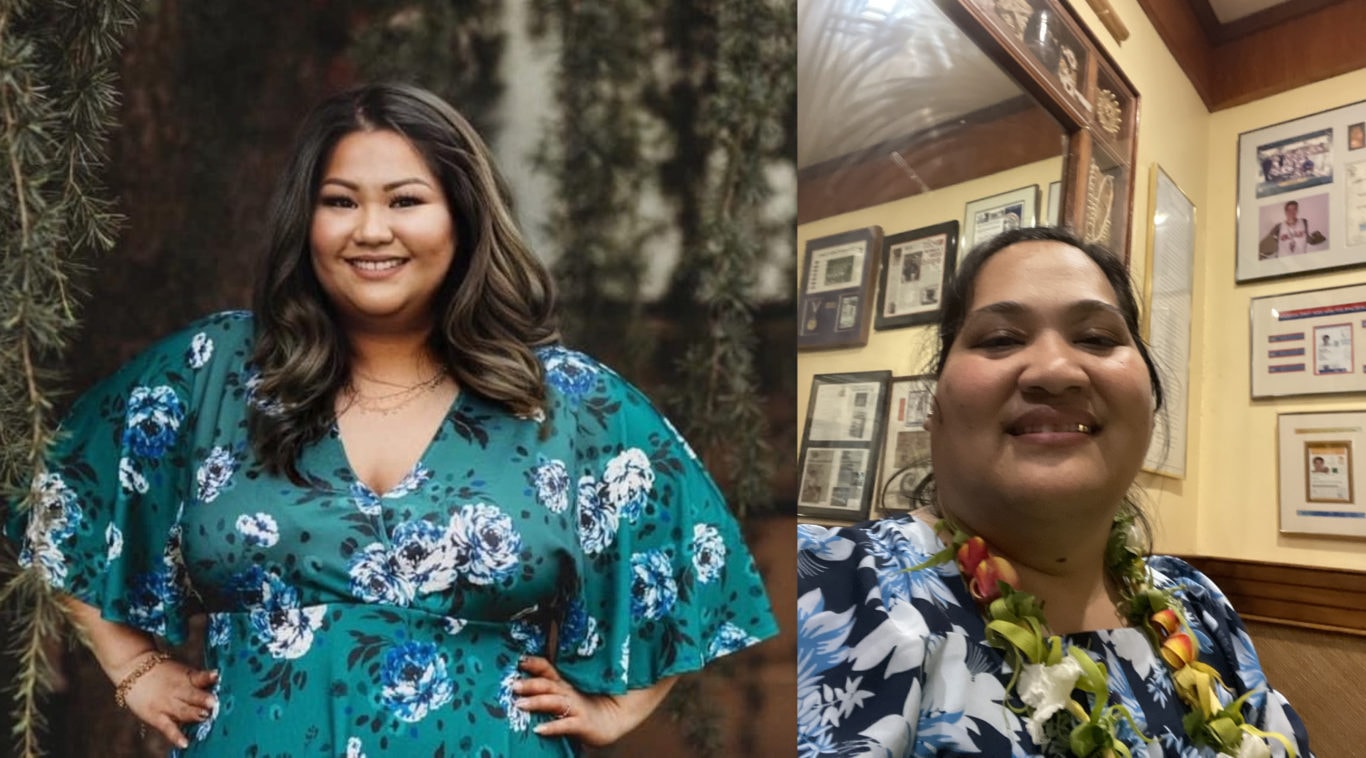Bella BorjaPeople also need access to culturally appropriate food. We know that oppression is a root cause of health impacts for different communities. When we see people's native lands being destroyed, they lose access to their own local food sources. Oftentimes, this is then replaced with processed foods or foods that people don't know how to cook. We know that consuming highly processed foods can lead to chronic illnesses, diseases, obesity and a host of other health concerns.
Partner Spotlight: Micronesian Islander Community
Partner Spotlight: Micronesian Islander Community
Food is a human right and Food for All Oregonians is one solution in reducing the barrier to accessing food in Oregon. This policy would extend food assistance to 62,000 Oregonians facing hunger due to immigration status.
Micronesian Islander Community (MIC), a non-profit organization located in Salem knows this issue all too well. MIC is dedicated to bringing Micronesians together, advocating for social and racial justice, and raising Micronesian awareness. MIC is a steering committee member and coalition partner in the fight for Food for All Oregonians, and is dedicated to increasing food security statewide.
“On the island I grew up on, two-thirds of it is actually exclusively utilized by the United States military,” says Bella Borja, MIC Advocacy Director. “The stewards of the island are only able to access one-third of the island, which limits not only development, but also access to local jungles, food sources, and medicinal plants. There are many sacrifices from the people who enter into these types of agreements, not simply benefits.”
Borja is from the Commonwealth of the Northern Mariana Islands (CNMI), which is not part of the Compact of Free Association (COFA) agreement but has a similar contract called the Covenant Agreement with the United States. Food for All Oregonians will extend vital food assistance to all Oregonians, regardless of the specifics of where they are born.
From lived experience and their work within the community, Bella and Micronesian Islander Community are committed to ending hunger in the Micronesian Islander community where food insecurity is a growing concern. During the community input phase of the Food for All Oregonians campaign, 73.26% of respondents did not have access to culturally appropriate foods. This is due to rising food costs, inflation and the overall lack of culturally appropriate foods at grocery stores and food pantries.
“The Micronesian community in Oregon needs Food for All Oregonians because immigration status should not dictate whether or not you have access to food,” says Bella Borja, the MIC Advocacy Director. “Food pantries should not be the only way people access food. People also need access to culturally appropriate food. We know that oppression is a root cause of health impacts for different communities. When we see people's native lands being destroyed, they lose access to their own local food sources. Oftentimes, this is then replaced with processed foods or foods that people don't know how to cook. We know that consuming highly processed foods can lead to chronic illnesses, diseases, obesity and a host of other health concerns. Food for All Oregonians is going to give people in our community the opportunity to access the foods they need to be healthy, and hopefully happy as well.”
All people in Oregon deserve to have access to foods that are nourishing and culturally appropriate. When everyone in our communities has access to food, our kids do better in school and our families’ health and well-being improves. This is true in every corner of Oregon — in rural, urban and suburban communities alike.
Kapiolani MickyThe people in our community work hard and pay taxes, like everyone else. There shouldn't be a limit when it comes to food, because food is one of the main sources of life.
“I want Food for All Oregonians to pass because we deserve to be eligible for food stamps,” says Kapiolani. “The people in our community work hard and pay taxes, like everyone else. There shouldn't be a limit when it comes to food, because food is one of the main sources of life…I remember when I first moved here. I didn’t have a job, my husband worked and my kids were little. I had to stay home to take care of our kids and I made sure my kids ate first, and if they had leftovers, then I would eat…I don't want that to happen in other families, but I know that there are other families out there that would do anything just to save food for their children and family.”
Across the state, many communities are struggling to put food on the table. This should not be a reality for families. Food insecurity will continue to be prevalent in Oregon, if we do not eliminate the structural barriers that create the conditions for poverty and hunger to exist. We’re building the community-led change that is needed to transform the systems that perpetuate racism and anti-immigrant discrimination.
Take action today at www.FoodForAllOR.org.
